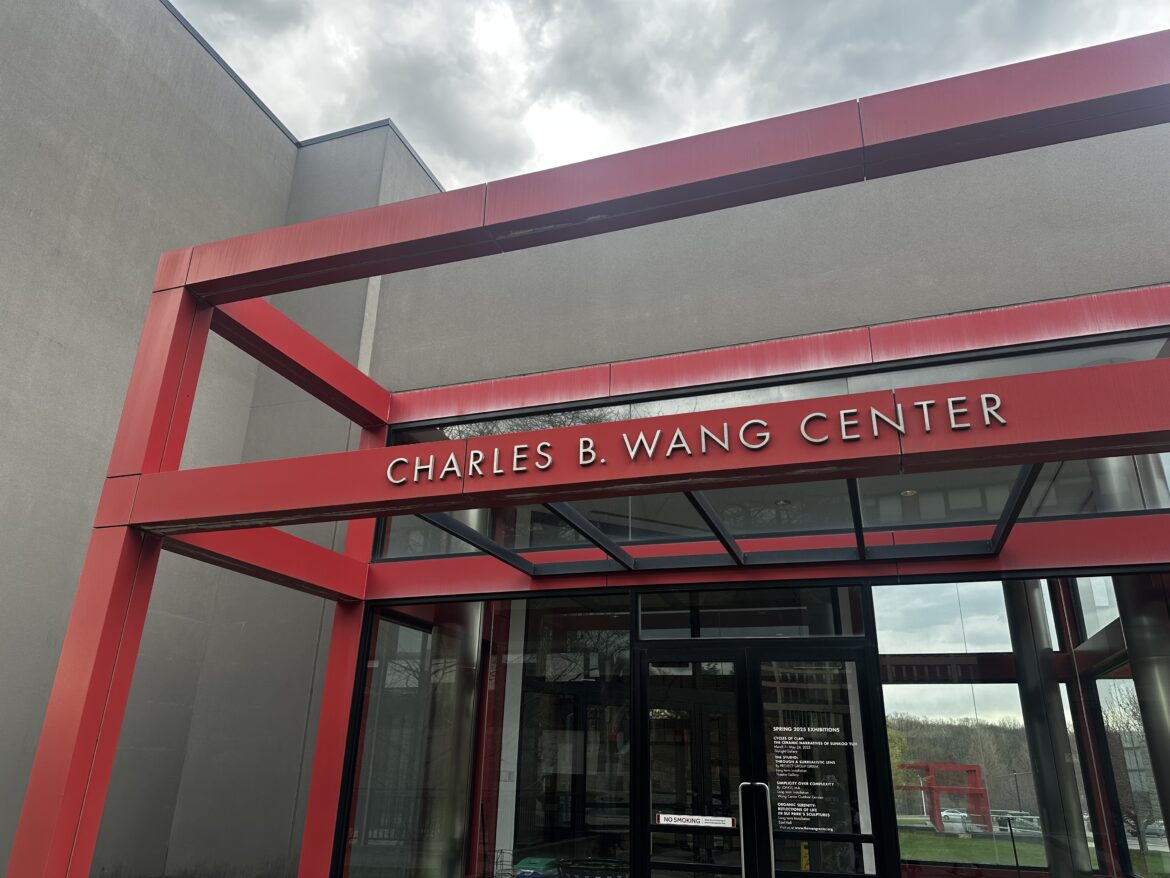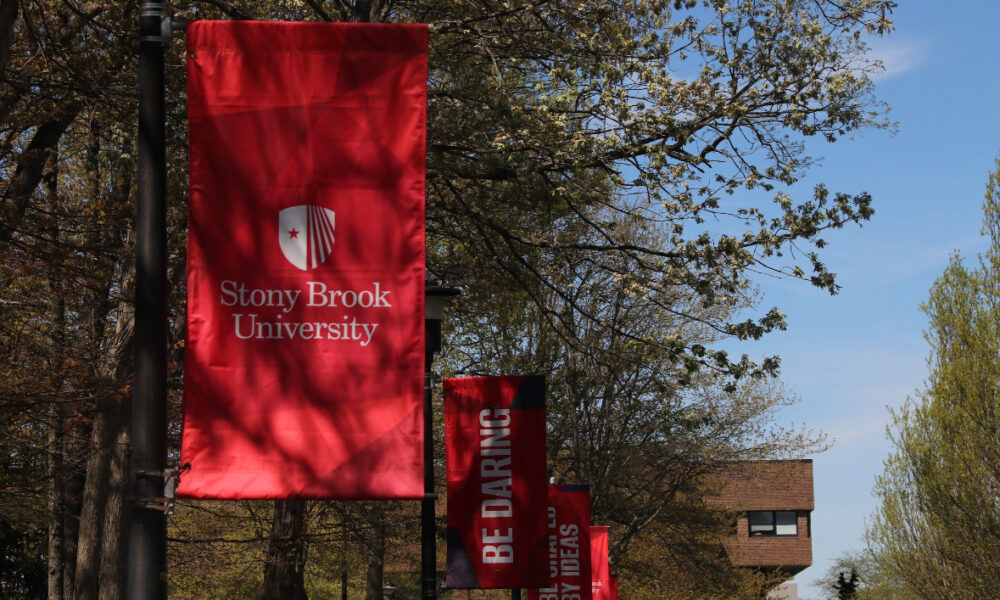Stony Brook University faculty and community members are set to screen the Palestinian documentary No Other Land on April 23 in the Engineering Building. This comes after the school administration canceled a planned screening in Wang Theatre the same day. The Provost told organizers to reschedule the screening because it fell on the same day as the Israeli Holocaust Remembrance Day, Yom HaShoah, and a few days after the Warsaw Ghetto Uprising anniversary, faculty members said.
The Oscar-winning documentary depicts the life of a young Palestinian activist who befriends an Israeli journalist in the occupied West Bank. One of No Other Land’s Palestinian directors, Hamdan Ballal, was attacked by Israeli settlers and soldiers on March 24, a few weeks after the film won the Oscar for best documentary feature film.
On March 28, Provost Carl Lejuez met with the film screening’s organizers and told them they had to reschedule if the event was to be held in Wang Theatre, Abena Asare, associate professor of modern African affairs said. In a statement, SBU officials told The Press, “There was no request to cancel the showing of this film. We worked with organizers to review plans for when and where it will be shown.”
Asare and Manisha Desai, professor and executive director for the Center for Changing Systems of Power, had already booked the venue, published the flyer to promote the event and had more than 100 students register to attend when the Provost asked them to reschedule, Asare said.
Desai said faculty organizers were not aware of the coinciding dates when they planned the event, but she defended their right to show the film on that day, and felt the request to reschedule was “impinging on academic freedom.”
“When Professor Asare was able to get this film, we thought this would be a good opportunity for students on our campus to see what’s going on in Palestine… There are lots of people in the community who are very glad that we are showing it for free because it has not had wide distribution.”
“We were informed by Provost Carl Lejuez that he had decided, based on what he had heard, that some people would feel uncomfortable because it marks the Warsaw Ghetto Uprising, which is when Jews in Warsaw rose against Nazi repression, and that he had heard criticism of the film from both sides,” Desai told The Press. “I don’t know what he meant by both sides — and so he has decided that it cannot be shown on this day, that it needed to be rescheduled, particularly in Wang Theatre, which apparently I had no idea that that reported to the administration.”
Josh Dubnau, a professor in the Department of Anesthesiology, helped organize the screening. He also has family members who both died in the Warsaw Ghetto and participated in the uprising there, he said — and detests the Provost’s request to reschedule the film.
“They offered numerous other dates that we could show the film in the Wang Center. But in our opinion, the request… makes an assumption that we think is very dangerous,” Dubnau said. “That assumption is that somehow showing a film made by Palestinians, and in fact, in collaboration between Palestinians and Israelis to show the world about human rights issues that impact Palestinians — they’re making the assumption that that is somehow an affront to Jewish people.”
“This film is speaking against ethnic violence, against ethnic cleansing. And I don’t see that as being in conflict with lessons of the Holocaust,” Dubnau said.
Co-sponsors of the event include the Department of Africana Studies, Department of History, the Department of Asian and Asian American studies, and local organizations such as the Palestine Action Long Island Coalition, Long Island Activists and more.
The film will be screened at 6:30 p.m. in Engineering 145 on April 23. Students must register through a Google Form to attend.




Comments are closed.